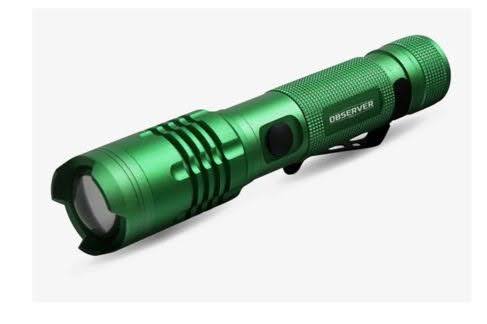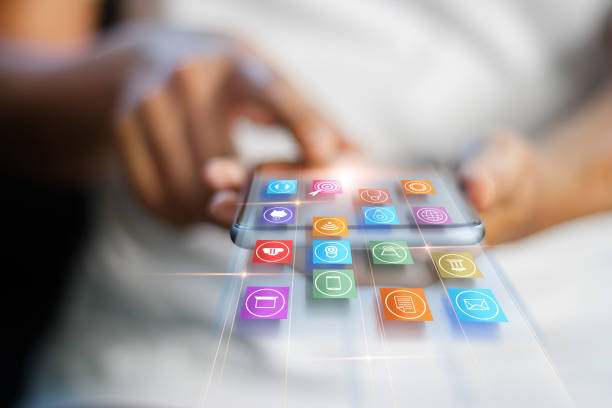Biometrics is a collective term that refers to technologies that harness biological features or physical characteristics to identify individuals. Biometric technology can be used to verify the identity or recognize an individual through automation. This technology involves the application of facial recognition, fingerprint mapping, or retina and iris scanning.
Mobile biometrics, in particular, is gaining popularity as one of the most widely used authentication methods. This could be because mobile phones are the devices that people carry most often. In the hospitality industry, mobile biometrics could serve several purposes.
Biometrics in the Hotel Industry
One of the reasons that may fuel the use of biometrics in the hotel industry is the growing security needs. The internet has made data accessibility much easier, but also led to data breaches in equal measure. The use of biometrics can help hotel service providers protect their company and guest information.
However, it’s not only about data security. The technology can help guests maintain personal privacy, which is a fundamental expectation of any hotel. They can keep their credit card numbers and any other sensitive information private. Besides, mobile biometrics can help in inventory protection, financial security, and staff management.
How Biometrics Work
Biometrics is currently available in two main categories: behavioral biometrics and physical biometrics. Behavioral biometrics utilizes multi-dimensional intelligence such as machine learning to make conclusions. It involves the verification of various components including human-device interaction, IP address, muscle memory, location, and behavioral habits.
On the other hand, physical biometrics operates on popular ideas such as digital fingerprint verification, facial recognition, iris scanning, nuanced voice recognition, and vein recognition. Both arms of biometrics can work with mobile devices, thanks to the development of relevant apps and the inclusion of sensors.
Biometrics-enabled mobile devices can monitor various physical and behavioral aspects of the users including their walking speed, the angle at which they hold their smartphone, and even the finger pressure they use when typing on the device.
These features can help the machines to verify the identity of the user. Other advancements regarding this technology include lip motion authentication and brain wave analysis. Biometrics-enabled machines use these components to verify the user’s mental state and approve or deny access to resources based on the results.
How Biometric Technologies Can Improve the Future of Hotels
Modern-day hotel guests expect the best in terms of technology and security. To that end, biometric technology is the most viable option to achieve these goals. Here are five ways in which biometric technology can improve the future of hotels:
Rapid, personalized check-in
Hotels that are already utilizing biometric technologies can easily have their guests check-in through facial recognition. Guests can simply choose their floors and rooms through an app on their devices. They can do this at the time of booking.
Once the guest arrives at the hotel, they can check-in by running a facial scan through their mobile app or use facial recognition kiosks located at designated points throughout the lobby. In the end, both fingerprint and facial scanning help speed up the check-in process and save visitors a lot of time. This technology is also applicable when guests access certain restricted areas of the property.
Easy and Secure Room Access
Both hoteliers and guests can benefit from hotel room access using biometrics. The technology makes guest rooms accessible only through a facial or fingerprint scan. This eliminates the need for a key card inventory and the problem of misplaced, stolen, lost, or deactivated cards. Additionally, it boosts room security because only persons with authorized fingerprints can access the space.
Personalization
Hotel business thrives on repeat customers and a personalized guest experience is one of the ways to achieve this. According to a survey done by Oracle, 62 percent of hotel guests agreed that personalization would help improve their experience. Another 41 percent of hotel guests said they were likely to return to the facility frequently if hotel employees could recognize them without having to provide their names.
With biometric data alone, hoteliers can easily ‘announce’ their guests and have their information and preferences without providing any additional information. This leads to a truly personalized guest experience.
Accurate Billing and Faster Payments
Biometric technology can help speed up things when it comes to billing and making payments. Hotels can utilize this technology to allow their guests to use only their fingerprints to authorize payments during their stay.
Staff Management
Biometrics isn’t just meant for improving the guest experience. Hoteliers can harness the technology to develop in-house efficiencies too. For instance, hotel management can utilize a biometric-based system to track when their staff clock-in and out. This can help in managing employee attendance and time tracking.
Possible Challenges of Biometric Technology
While it has all the potential, biometric technology has its share of challenges. Even some of the most advanced developments have their downsides. Biometric technology, especially mobile biometrics opens the door for any cybercrime activity. Criminals are always working hard to find ways to penetrate networks.
Hoteliers need to come up with the best solutions to protect their guests’ account data and the biometrics they use for identification. There is a constant need to protect devices against malware infiltration, which is a major issue affecting mobile apps.
Final Thoughts
For the hospitality industry, the use of biometric technology could be in its early days. However, based on its potential, this technology can help enhance traditional processes and develop efficiencies to boost the guest experience. As the world becomes more comfortable with using biometrics in everyday activities—including using fingerprints and facial recognition to unlock smartphones, nearly everyone will embrace the technology of identity verification, even in the hospitality sector.
Author Bio:
Alex Mirza, The Founder & CEO of Mogul – Humanizing Travel. Its platform Staymogul.com provides booking, service, and Mogulrecruiter.com provides talent solutions for the hospitality industry.



